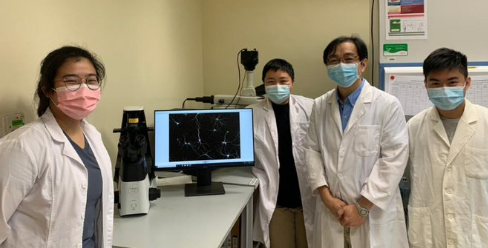
image credit- twitter
Alzheimer’s Disease (AD), the most common type of dementia, causes the death of neurons and leads to shrinking of the brain.
A recent research, conducted by a team from the School of Life Sciences at The Chinese University of Hong Kong (CUHK), suggests that early changes in brain metabolism may explain the neurodegeneration.
The research team is the first to discover that a special gene variant causes astrocytes of the brain to exhaust the primary substance for neurotransmission, amino acids.
The long term insufficiency of amino acids may result in compromised neurotransmission and hence cognitive and memory impairments.
Findings also indicate that direct brain supplement of the missing amino acids was effective in alleviating the neurodegenerative outcomes as well as the functional degeneration.
These findings lay the groundwork for developing novel and targeted nutrition-centric disease-modifying therapeutic strategies.
Professor Kim Hei-Man Chow, Principle Investigator of this study and Assistant Professor of the School of Life Sciences, CUHK said, "Together, our findings support that, in addition to traditional drug-based therapies, the adjunct nutrient-based approach has great potential for managing neurodegenerative disorders.”




